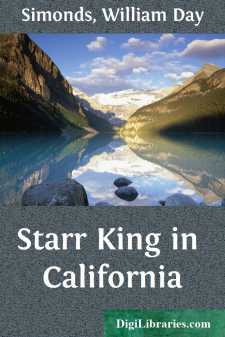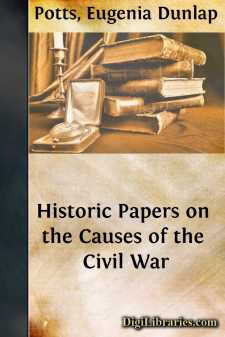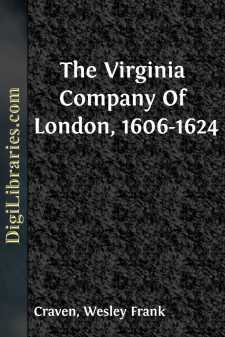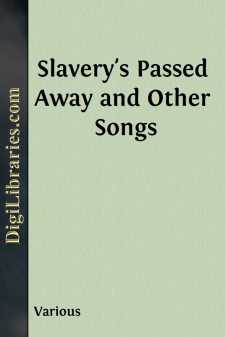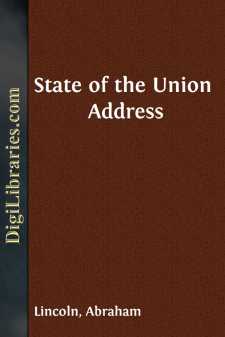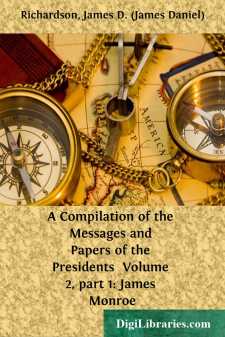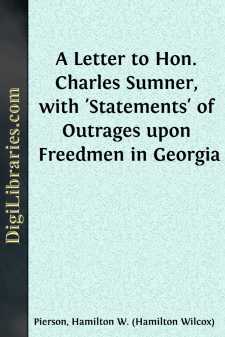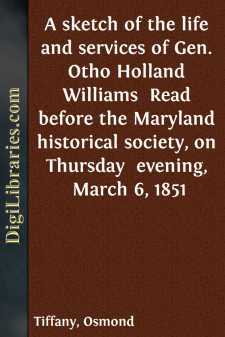Categories
- Antiques & Collectibles 13
- Architecture 36
- Art 48
- Bibles 22
- Biography & Autobiography 815
- Body, Mind & Spirit 144
- Business & Economics 28
- Children's Books 18
- Children's Fiction 14
- Computers 4
- Cooking 94
- Crafts & Hobbies 4
- Drama 346
- Education 58
- Family & Relationships 59
- Fiction 11835
- Games 19
- Gardening 17
- Health & Fitness 34
- History 1378
- House & Home 1
- Humor 147
- Juvenile Fiction 1873
- Juvenile Nonfiction 202
- Language Arts & Disciplines 89
- Law 16
- Literary Collections 686
- Literary Criticism 179
- Mathematics 13
- Medical 41
- Music 40
- Nature 180
- Non-Classifiable 1768
- Performing Arts 7
- Periodicals 1453
- Philosophy 65
- Photography 2
- Poetry 896
- Political Science 203
- Psychology 44
- Reference 154
- Religion 515
- Science 126
- Self-Help 85
- Social Science 83
- Sports & Recreation 34
- Study Aids 3
- Technology & Engineering 59
- Transportation 23
- Travel 463
- True Crime 29
Our website is made possible by displaying online advertisements to our visitors.
Please consider supporting us by disabling your ad blocker.
Starr King in California
Categories:
Description:
Excerpt
Part I. In Old New England
When Starr King entered the Golden Gate, April 28, 1860, he had passed by a few months his thirty-fifth birthday. A young man in the morning of his power he felt strangely old, for he wrote to a friend just a little later: "I have passed meridian. It is after twelve o'clock in the large day of my mortal life. I am no longer a young man. It is now afternoon with me, and the shadows turn toward the east."
There was abundant reason for this premature feeling of age. Even at thirty-five King had been a long time among the most earnest of workers. Born in New York City, December 17, 1824, of English and German ancestry, son of a Universalist Minister who was compelled to struggle along on a very meager salary, the lad felt very early in life labor's stern discipline. At fifteen he was obliged to leave school that by daily toil he might help to support his now widowed mother and five younger brothers and sisters. Brief as was his record in school, we note the following prophetic facts: he displayed singular aptitude for study, he was conscientious yet vivacious, he was by nature adverse to anything rude or coarse. Joshua Bates, King's last teacher, describes the lad as "slight of build, golden haired, with a homely face which everybody thought handsome on account of the beaming eyes, the winning smile and the earnest desire of always wanting to do what was best and right."
This is our earliest testimony to the lovable character of the man whose life-story we are now considering. It will impress us more and more as East and West, Boston and San Francisco, in varying phrase tell again and again, of "the beaming eyes, the winning smile, and the earnest desire of always wanting to do what was just and right."
A bread-winner at fifteen, and for a large family, surely this is the end of all dreams of scholarship or of professional service. That depends on the man—and the conditions that surround him. Happily King's mother was a woman of good mind who knew and loved the best in literature. Ambitious for her gifted son, she read with him, and for him, certain of the masters whom to know well is to possess the foundations of true culture. It is a pretty scene and suggestive—the lad and his mother, reading together "till the wee small hours" Plutarch, Grote's History of Greece, Bullfinch's Mythology, Dante and the plays of William Shakespeare. Fortunately his mother was not his only helper. Near at hand was Theodore Parker who was said to possess the best private library in Boston, and whose passion for aiding young men was well known. He befriended King as he befriended others, and early discovered in the widow's son superior talents. In those days very young men used to preach. Before he had reached his majority, King was often sent to fill engagements under direction and at the suggestion of Parker. The high esteem of the elder for the younger man is attested by the following letter to an important church not far from Boston.
"I cannot come to preach for you as I would like, but with your kind permission I will send Thomas Starr King....


